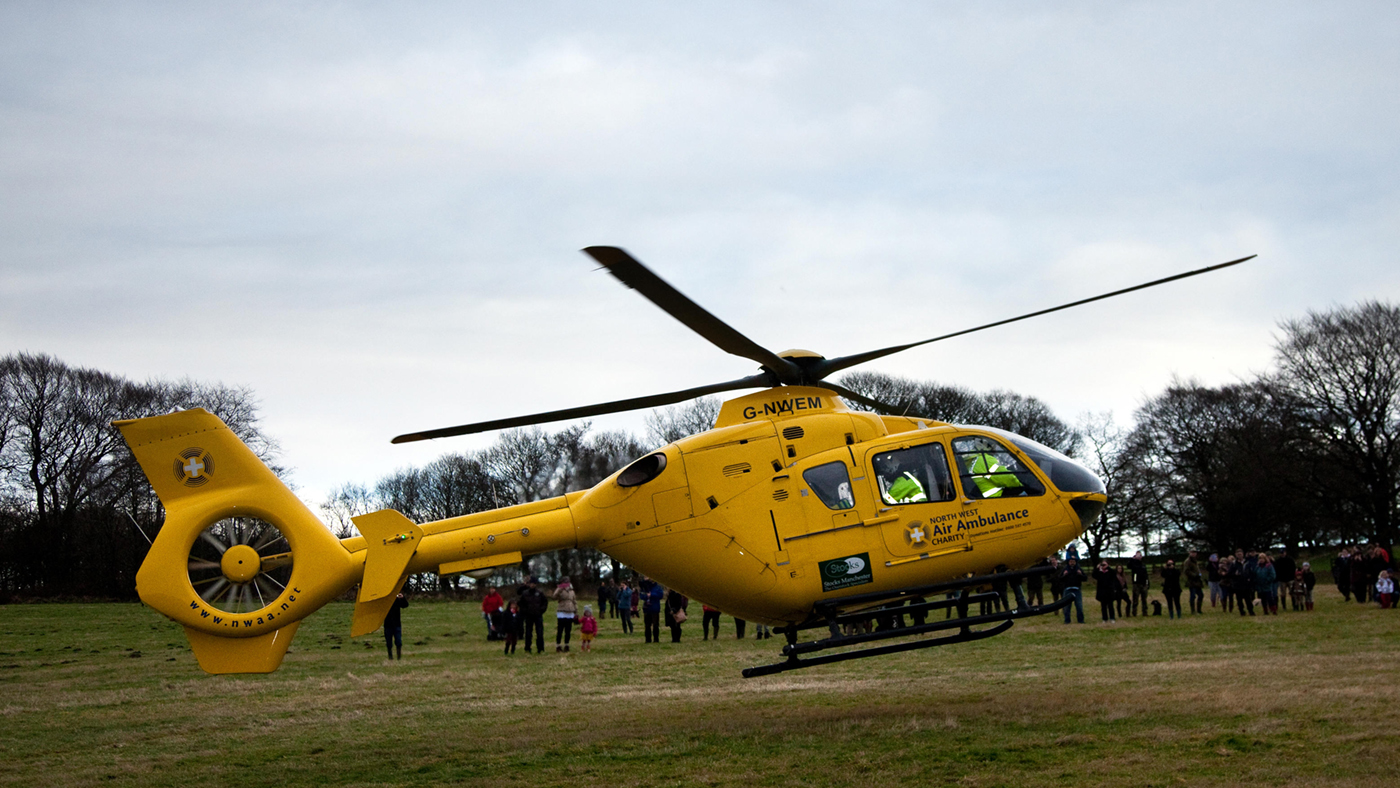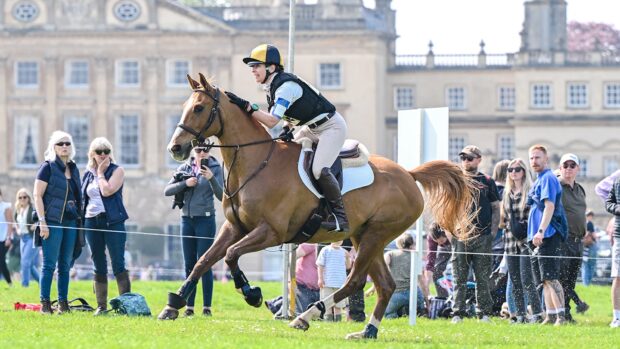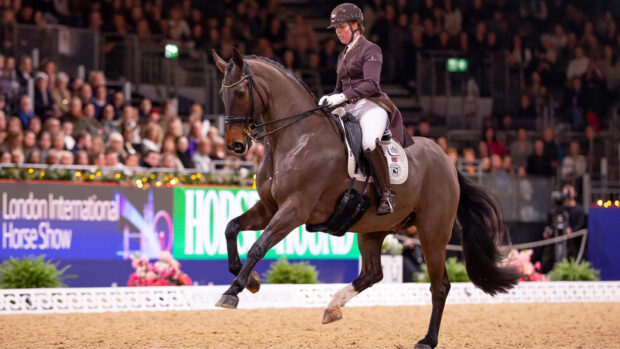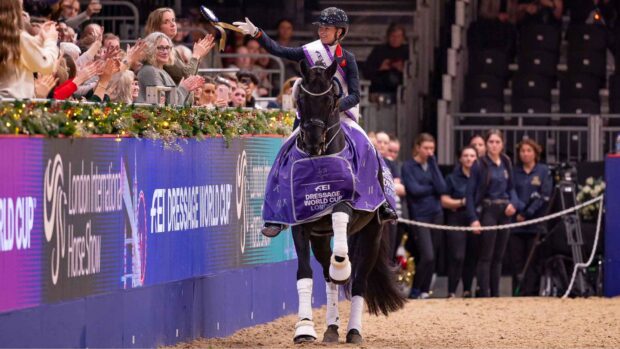AN inquiry into concussion in sport is calling for UK-wide protocols on dealing with head injuries, and improvement in the reporting of sporting injuries.
The Government’s Digital, Culture, Media and Sport (DCMS) committee launched the inquiry following increasing media attention on the “growing evidence” that there is a link between taking part in sport and developing dementia later in life, and aimed to examine whether this issue needed Government intervention. Following the conclusion of the inquiry, which included evidence from health professionals, experts and sporting bodies, a report was published last month in which recommendations were made.
These include NHS England reviewing how it collates concussion data and ensuring doctors have patients’ full medical history available to better inform treatment. The report also recommends that the Government immediately mandates the Health and Safety Executive (HSE) to work with sport national governing bodies to establish a national framework by July 2022 for reporting injuries, and establishes a research fund and a specialist group to review emerging science on concussion.
“The Government has delayed taking action, deferring to the numerous sporting bodies. We recognise sport will never be, and can never be, 100% safe. However, the Government has a duty to ensure that sporting activity, at every level, bears no unnecessary risk. We recommend it establishes a UK-wide minimum standard definition for concussion that all sports must use and adapt for their sport,” read the report.
Medical Equestrian Association (MEA) chair Megan Hardman told H&H the report is “very valuable”, and data collection is important, but added that in equestrian sport, a “culture change” is needed around riders returning to the saddle too soon after injury.
“At grassroots level we need riders to destigmatise head injuries so there’s not that bravado that you have to get straight back on. It’s that real ‘battling through injury’ mindset and being ‘brave’ – we see it in all equestrian sports,” she said.
“As doctors we might say to a rider ‘you need two weeks of no riding’, but once that person walks away from that event we have no control over what they do. Unless they really buy into it and believe what you tell them, we can’t force them to do it.”
Dr Hardman added that as a result of the report the MEA and British Eventing (BE) plan to produce guidance to be handed out to riders at events on what to do following a head injury.
“We already provide advice cards but it’s not explicit enough for riders in my opinion,” said Dr Hardman. “What we need is something that says ‘do this’. We also plan to have someone from the Injured Jockeys Fund to talk to us about what we should be doing with these people and why it helps them so the MEA and BE are putting out the same message.”
British Equestrian chief executive Jim Eyre told H&H the organisation and its member bodies are “committed to upholding the highest standards” of welfare for all, and takes the risk of neurological injuries and concussion “extremely seriously”.
“With the FEI, we have taken a proactive lead in this area and share their aim of reducing risk and improving management of injuries, with each member body having its own protocols to manage falls with the risk of concussion,“ he said.
“While riding helmets will help to protect riders from significant head injury trauma, we recognise they may not protect from concussion. Therefore, concussion as part of athlete welfare is regularly reviewed at all levels, from Pony Club to BEF’s world class programme. “We recognise more can always be done in terms of awareness and education, and we welcome the DCMS report and look forward to the follow-on work with UK Sport and the HSE”.
The British Horseracing Authority provided evidence to the DMCS inquiry and a spokesman told H&H the organisation “welcomes” the report.
“Discussions with the Government have already been undertaken on this subject and we look forward to continuing that work, as well as engaging with other sporting governing bodies, to understand what role British racing can play in the implementation of the report’s recommendations”.
You might also be interested in:

Trauma doctor shares simple life-saving actions all equestrians should know
Dr Diane Fisher spoke about the simple, potentially life-saving actions, people can take if a friend hits their head at

Would you know if someone was suffering from concussion after a fall?
This weekend (16-17 September 2017) is the eighth annual International Helmet Awareness Day, and to mark the occasion we take

FEI to help develop protocol for dealing with sporting concussion
The FEI is among the top sporting organisations attending the Fifth International Consensus Conference on Concussion in Sport

Racing to improve concussion care for jockeys
The new concussion protocols, which come into force from August, include an extension of course-side tests and plans to help

Subscribe to Horse & Hound magazine today – and enjoy unlimited website access all year round
Horse & Hound magazine, out every Thursday, is packed with all the latest news and reports, as well as interviews, specials, nostalgia, vet and training advice. Find how you can enjoy the magazine delivered to your door every week, plus options to upgrade your subscription to access our online service that brings you breaking news and reports as well as other benefits.




